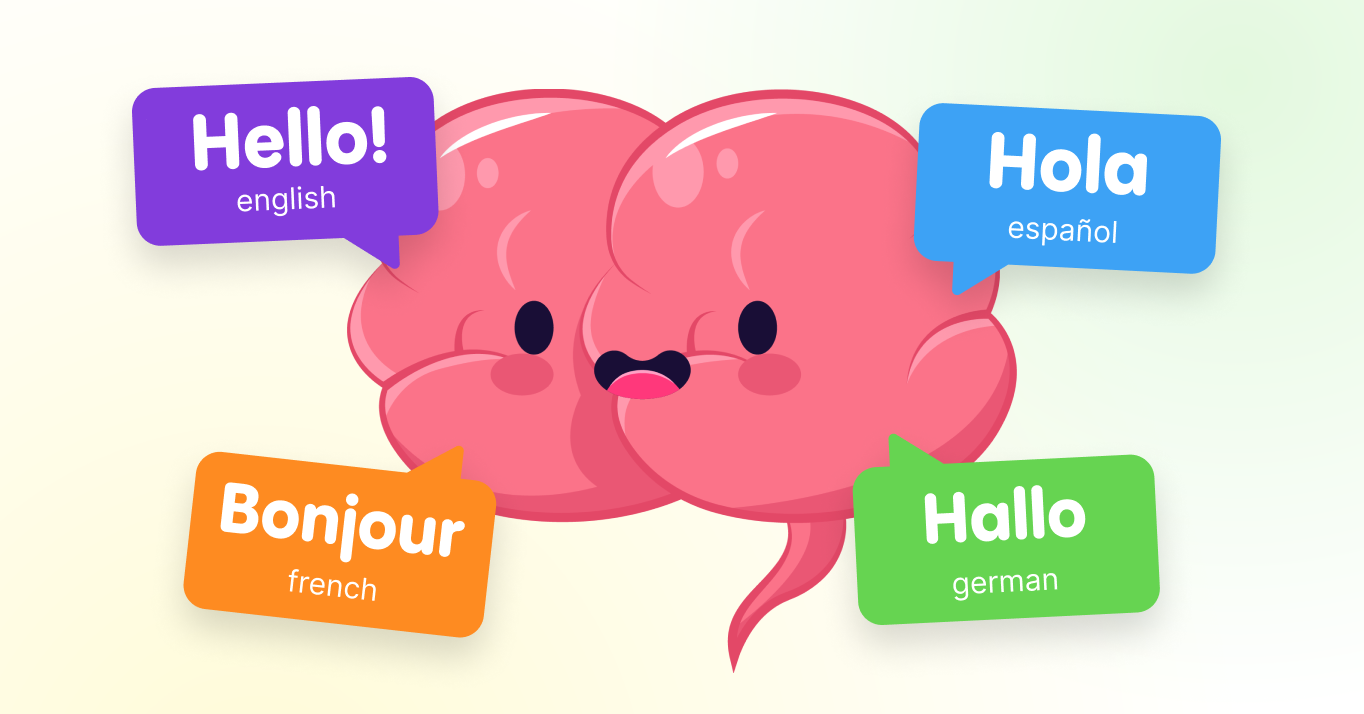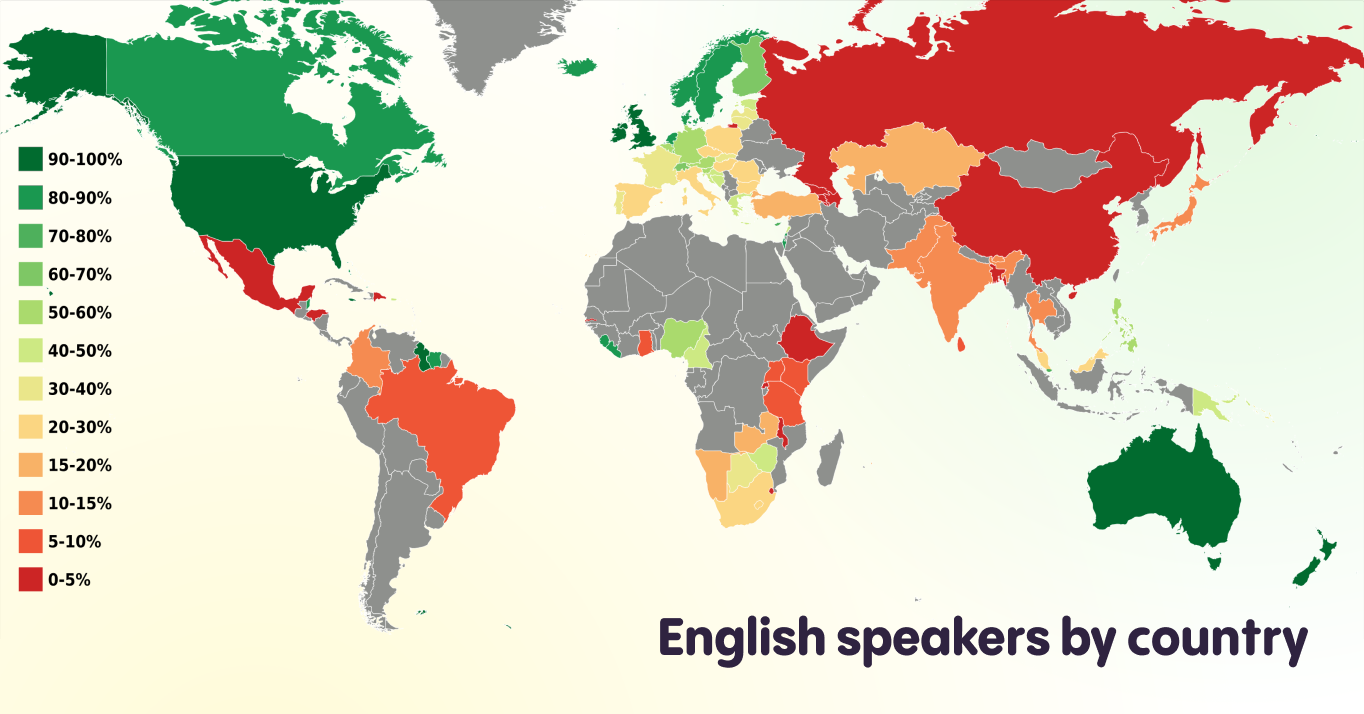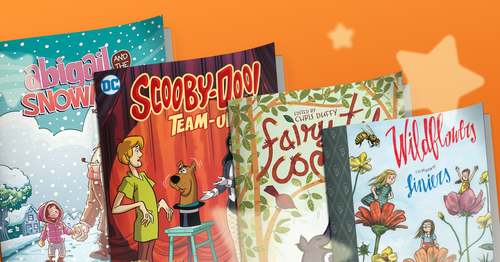In this article, we'll guide you through the fascinating world of bilingualism, highlighting the unique benefits it brings, especially when one of those languages is English. From boosting brainpower to creating global citizens, we'll explore why bilingualism is an invaluable skill for the future. We'll also share some handy tips for you, the superheroes behind the little superheroes, to help your child embark on a successful bilingual journey. Let's dive in!
Embracing Bilingualism: A Double Dose of Language Power
What is Bilingualism, Exactly?
Simply put, bilingualism refers to the ability to use two languages fluently. It’s like having a dual passport to two different linguistic worlds. But it's not just about speaking two languages - it's about understanding and being able to express thoughts, ideas, and emotions in both languages, too. Bilingual individuals can switch between languages seamlessly, a skill often known as code-switching.

The Journey to Bilingualism: How Does it Happen?
The path to bilingualism varies from person to person. Some children grow up in bilingual households where two languages are spoken regularly. Other kids might start life with one language at home and then learn a second language at school or through online language classes. The journey is often gradual - think of it as adding colors to a linguistic palette over time. It's not always easy, but the rewards are well worth the effort.
Early exposure: Introducing a second language at an early age can help kids pick up languages more naturally and effortlessly.
Consistent practice: Regular use of both languages keeps them 'active' and helps the child become comfortable in switching between them.
Full immersion: Being in an environment where the language is spoken naturally (like online English lessons with native speakers) provides context and aids understanding.
English: Your Child's Passport to a Bilingual Superpower

When it comes to selecting a second language for your child, English stands out for a multitude of reasons. It's more than a language - it's a global bridge connecting diverse cultures, countries, and communities. Here's why English holds a special place in the linguistic landscape:
Universality: English is an official language in 67 countries and is spoken by over 1.5 billion people worldwide. It's often the chosen language for international diplomacy, business, and academia. This means that learning English can open doors to countless opportunities globally.
Access to Knowledge: The majority of web content, scientific research, and global news is published in English. By understanding English, your child gains access to a vast repository of knowledge.
Cultural Connection: English is the language of Hollywood movies, popular music, and many international TV shows and books. Proficiency in English allows your child to enjoy these cultural phenomena in their original form.
Brainpower Boost: How Bilingualism Elevates Cognitive Skills
Harnessing the power of bilingualism isn't just about language skills - it's like giving your child's brain a supercharged workout! Here's how the bilingual adventure enriches cognitive abilities:
Multitasking Masters: Juggling two languages can improve multitasking skills. Bilingual children often find it easier to switch between different tasks and adjust to new environments.
Memory Muscle: Bilingualism strengthens memory. Remembering words, grammar rules, and cultural nuances in two languages gives that memory muscle a significant workout.
Problem-Solving Pros: Bilingual kids often outperform monolingual peers in problem-solving and creative thinking. Managing two languages can enhance mental flexibility and abstract thinking.
Global Connections: The Social Perks of Bilingualism
In our increasingly interconnected world, being bilingual, especially in English, is like having a VIP pass to a global community. Here's how bilingualism enhances your child's social landscape:
Broadened Horizons: Bilingual children are often more open to different cultures and perspectives, which can foster empathy, respect, and a deeper understanding of the world around them.
Global Friendships: With English as a shared language, your child can connect with peers from around the globe, creating friendships that span continents.
Career Opportunities: In the future, bilingualism, particularly fluency in English, can provide a significant edge in the job market, opening doors to international career opportunities.
Here are some ways you can nurture your child's global connections:
To enrich your child's bilingual journey and nurture their global connections, consider integrating the beauty of cultural exchange into their learning process. Encourage them to delve into the rich tapestry of cultures, traditions, and customs that come hand in hand with learning English and their native language. This can be facilitated by engaging with culturally diverse books, watching international movies, or even through exciting virtual interactions.
Introducing your child to a pen pal from a different country is another fantastic way to open up their world. This fun approach not only provides a practical way to practice their English skills but also carves the path for them to make new friends from various corners of the globe.
Lastly, don't forget the power of online classes. English learning platforms, such as All Right Online English School for Kids, bring together learners from diverse countries. In this vibrant learning environment, cultural exchange occurs as naturally as acquiring language skills, fostering global friendships along the way.

Building a Bilingual Home: Parental Tips
Venturing into bilingualism might seem daunting, but with a solid game plan, you can cultivate an enriching bilingual environment at home. Here are a few tried-and-true strategies to help you foster your child's bilingual growth:
Start early and keep it consistent: The earlier you introduce a second language, the better. Keep the exposure to both languages consistent and part of the daily routine.
Incorporate the language into daily life: Make English part of everyday activities. This could be through English storybooks at bedtime, cooking using English recipes, or even singing English nursery rhymes.
Leverage technology: Today's digital world offers many language learning resources, including online classes, educational apps, and interactive games. Find resources that your child enjoys and align with their learning style.
Model the learning attitude: Your enthusiasm about learning languages is contagious. Show your child that making mistakes is part of the process and that every word they learn is a step towards becoming a language superhero!
Remember, every child's language journey is unique, and patience is key. With your support, encouragement, and the right resources, your child will be well on their way to unlocking the superpowers of bilingualism.
While the road to bilingualism may have its challenges, remember that it's a journey, not a race. Whether through fostering a bilingual home or utilizing online English learning platforms, every step your child takes is progress.
The future is bilingual, and your child is poised to be part of it. So, embark on the adventure, embrace the lessons, and watch as your child unfolds their bilingual superpowers, one English word at a time.









